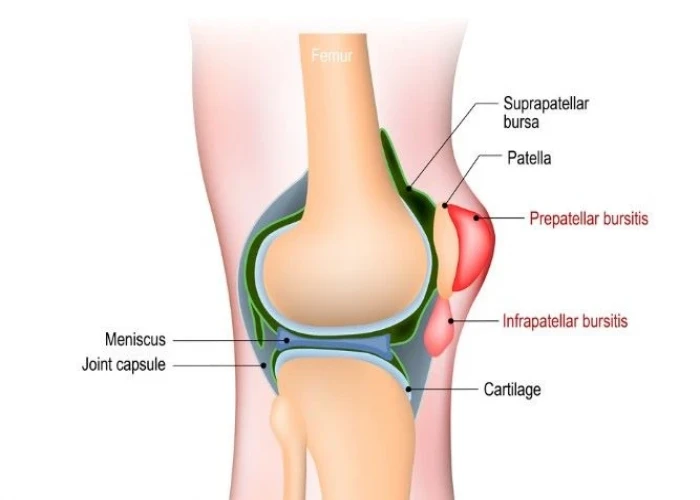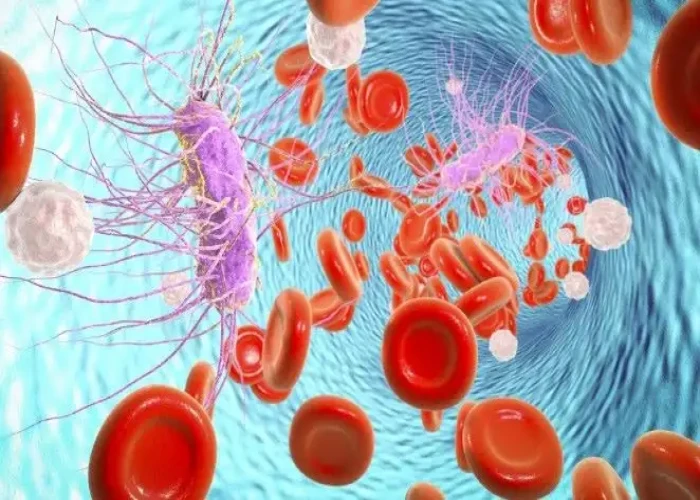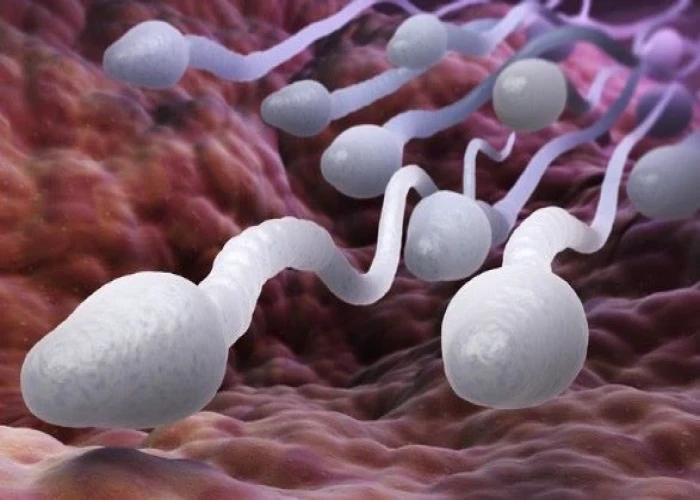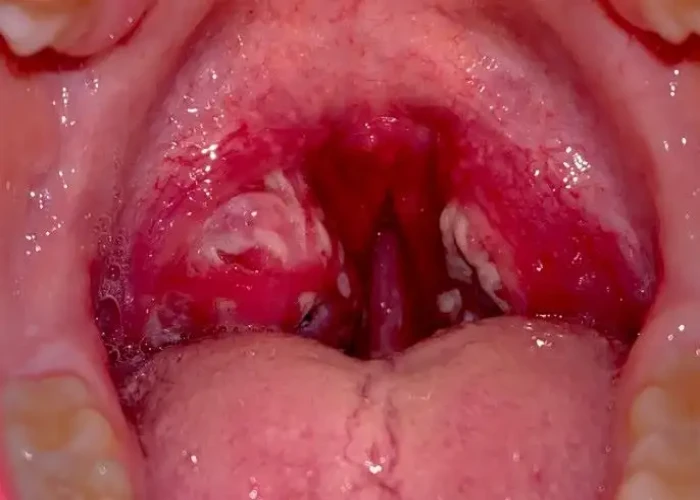 Welcome
Welcome
“May all be happy, may all be healed, may all be at peace and may no one ever suffer."
Rickets

Rickets is a rare bone disorder that occurs in children and is caused by a deficiency of vitamin D, calcium, or phosphorus. It can result in softening and weakening of the bones, as well as growth retardation.
Symptoms of rickets may include bone pain or tenderness, muscle weakness, and an increased risk of bone fractures. In severe cases, deformities of the bones may occur, such as bowing of the legs or an enlarged head.
Rickets can be caused by a lack of exposure to sunlight, which is a natural source of vitamin D, as well as a lack of dietary intake of vitamin D, calcium, or phosphorus. Some medical conditions can also increase the risk of developing rickets, such as celiac disease, kidney disease, or liver disease.
Treatment for rickets typically involves replacing the missing nutrients through dietary changes and vitamin or mineral supplementation. In cases where underlying medical conditions are contributing to the development of rickets, treatment for those conditions may also be necessary.
Prevention of rickets involves ensuring adequate intake of vitamin D, calcium, and phosphorus through a healthy diet and exposure to sunlight. In some cases, supplementation with vitamin D may be recommended, particularly for individuals at higher risk of deficiency.
If left untreated, rickets can lead to significant bone deformities and long-term health problems. Early diagnosis and treatment can help prevent complications and improve outcomes for affected children.
Research Papers
Disease Signs and Symptoms
- Delayed growth and development
- Spine and pelvis pain
- Muscle weakness
- Thicken wrists and ankles
Disease Causes
Rickets
Your child's body needs vitamin D to absorb calcium and phosphorus from food. Rickets can occur if your child's body doesn't get enough vitamin D or if his or her body has problems using vitamin D properly. Occasionally, not getting enough calcium or lack of calcium and vitamin D can cause rickets.
Lack of vitamin D
Children who don't get enough vitamin D from these two sources can develop a deficiency:
- Sunlight. Your child's skin produces vitamin D when it's exposed to sunlight. But children in developed countries tend to spend less time outdoors. They're also more likely to use sunscreen, which blocks the sun's rays that trigger the skin's production of vitamin D.
- Food. Fish oil, egg yolks and fatty fish such as salmon and mackerel contain vitamin D. Vitamin D has also been added to some foods and beverages, such as milk, cereal and some fruit juices.
Problems with absorption
Some children are born with or develop medical conditions that affect the way their bodies absorb vitamin D. Some examples include:
- Celiac disease
- Inflammatory bowel disease
- Cystic fibrosis
- Kidney problems
Disease Prevents
Rickets
Exposure to sunlight provides the best source of vitamin D. During most seasons, 10 to 15 minutes of exposure to the sun near midday is enough. However, if you're dark-skinned, if it's winter or if you live in northern latitudes, you might not be able to get enough vitamin D from sun exposure.
In addition, because of skin cancer concerns, infants and young children, especially, are warned to avoid direct sun or to always wear sunscreen and protective clothing.
To prevent rickets, make sure your child eats foods that contain vitamin D naturally — fatty fish such as salmon and tuna, fish oil and egg yolks — or that have been fortified with vitamin D, such as:
- Infant formula
- Cereal
- Bread
- Milk, but not foods made from milk, such as some yogurts and cheese
- Orange juice
Check labels to determine the vitamin D content of fortified foods.
If you're pregnant, ask your doctor about taking vitamin D supplements.
Guidelines recommend that all infants should receive 400 IU a day of vitamin D. Because human milk contains only a small amount of vitamin D, infants who are exclusively breast-fed should receive supplemental vitamin D daily. Some bottle-fed infants may also need vitamin D supplements if they aren't receiving enough from their formula.
Disease Treatments
Most cases of rickets can be treated with vitamin D and calcium supplements. Follow your child's doctor's directions as to dosage. Too much vitamin D can be harmful.
Your child's doctor will monitor your child's progress with X-rays and blood tests.
If your child has a rare inherited disorder that causes low amounts of phosphorus, supplements and medication may be prescribed.
For some cases of bowleg or spinal deformities, your doctor might suggest special bracing to position your child's body appropriately as the bones grow. More-severe skeletal deformities might require surgery.
Disease Diagnoses
Disease Allopathic Generics
Disease Ayurvedic Generics
Disease Homeopathic Generics
Disease yoga
Rickets and Learn More about Diseases

Spinal cord tumor

Knee bursitis

Ascariasis

Hay fever

Sepsis

Cardiomyopathy

Post-vasectomy pain syndrome

Strep throat
rickets, রিকেট
To be happy, beautiful, healthy, wealthy, hale and long-lived stay with DM3S.
